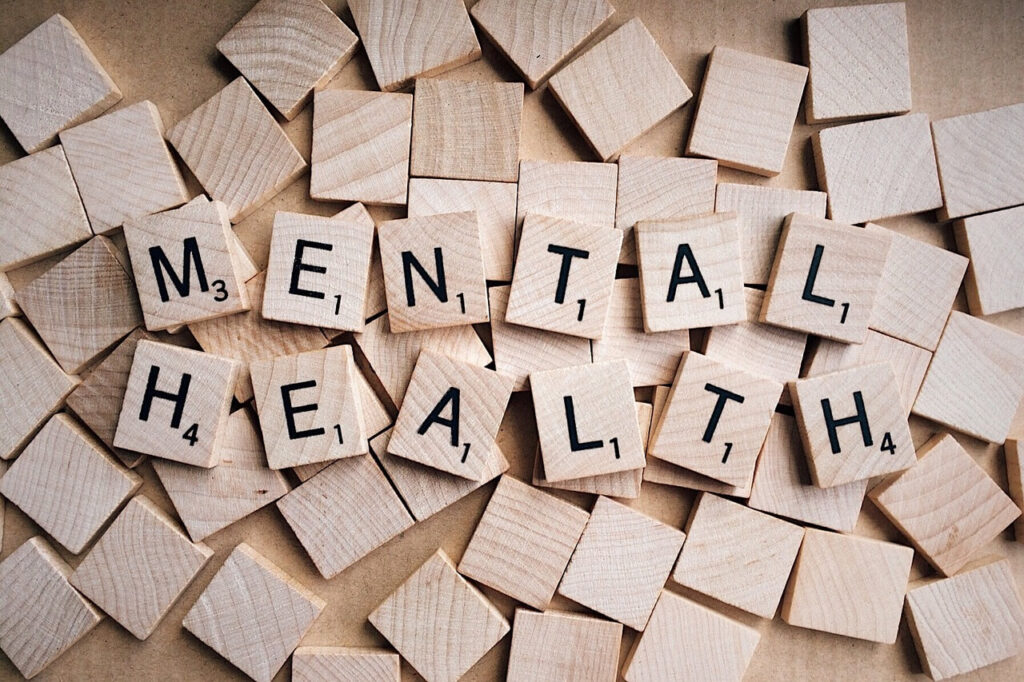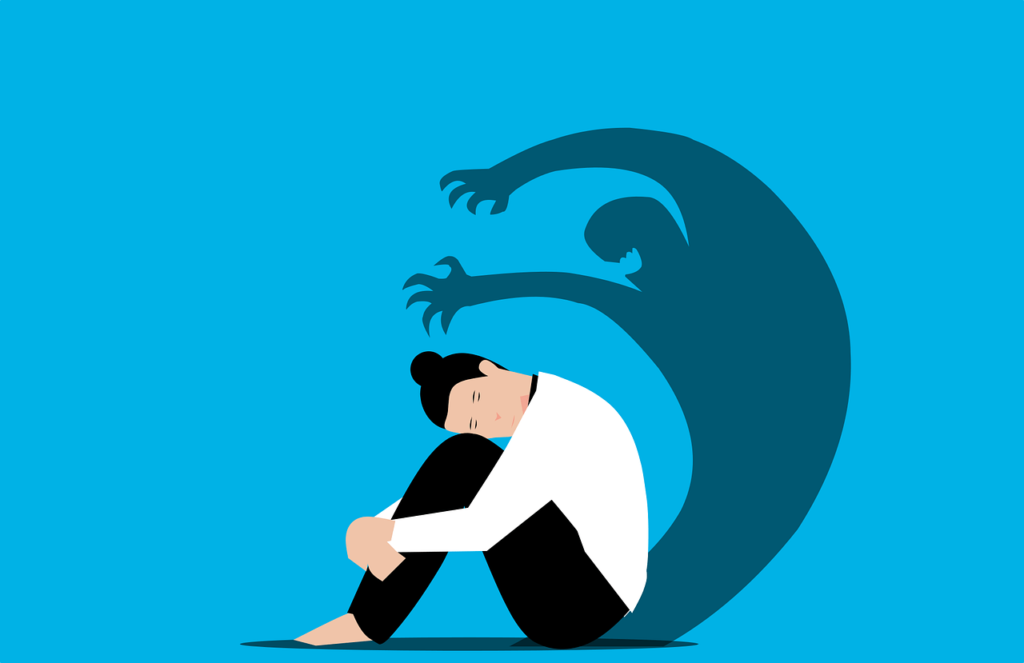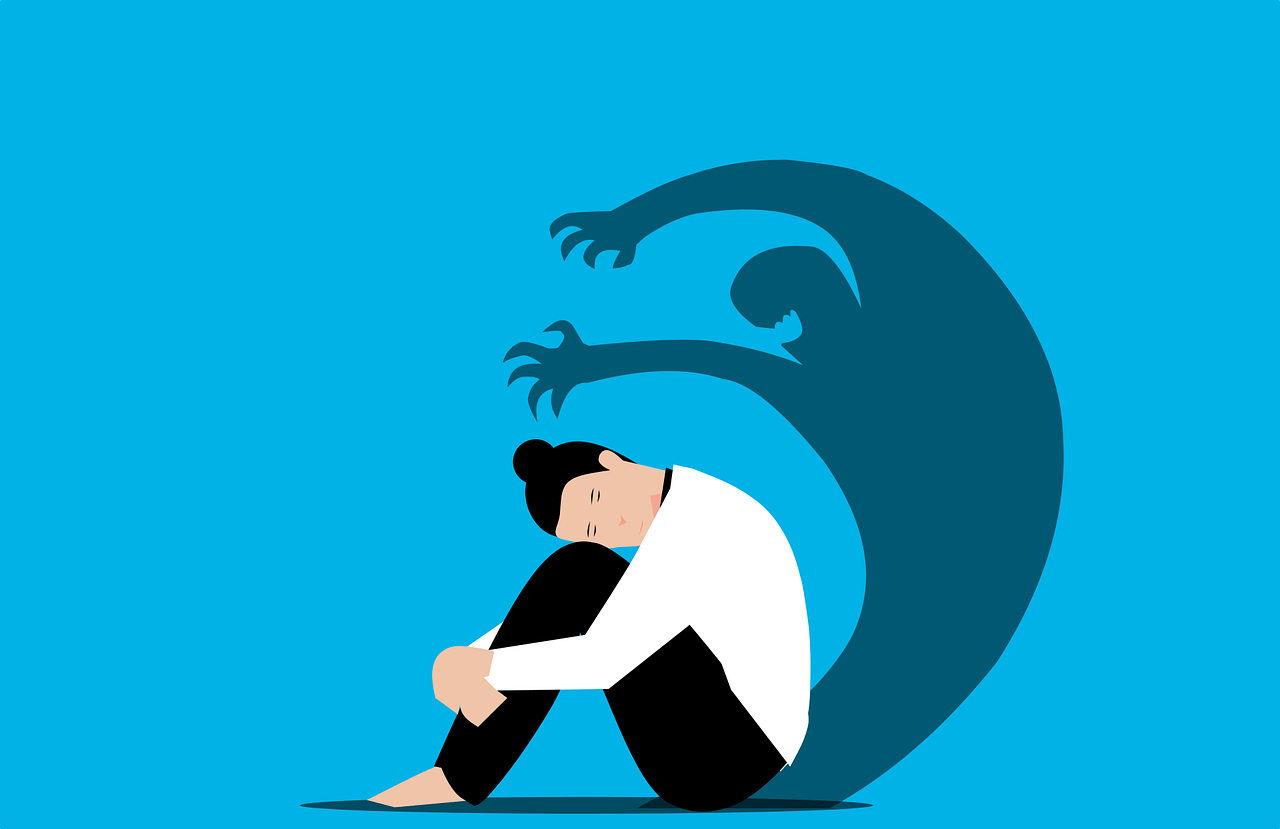Mental illnesses and addiction are two of the most common issues in the United States. Millions of people are affected by one or both of these problems. In many cases, people with mental health disorders also struggle with addiction. This can be a difficult situation to overcome, but there is hope. Co-treatment of mental illness and addiction can be very effective in helping people recover from these problems.
In this article, we will discuss the top advice for co-treatment of mental illness and addiction.

Treatment Centers
The first step in co-treating mental illness and addiction is to find a treatment center that specializes in this type of care. There are many different types of treatment centers, so it is important to find one that will be a good fit for you or your loved one. Make sure to research the treatment center before making a decision. You can read reviews, ask for recommendations, and even contact the center to ask questions. The folks at the Steps Recovery Centers note that the treatment center you choose should be accredited and offer evidence-based care. This will help to ensure that you or your loved one receives the highest quality of care possible.
Individualized Treatment Plans
Once you have found a treatment center, the next step is to create an individualized treatment plan. This plan should be created with input from both the patient and the treatment team. The goal of the plan is to address both mental illness and addiction. It should be tailored to the unique needs of the individual. The treatment team will likely recommend various therapies, medications, and other interventions. The patient should be involved in decisions about their care. This will help to ensure that they are more likely to stick with the treatment plan and recover from their illnesses.
Therapy
There are many different types of therapies that can be helpful in treating mental illness and addiction. Some common ones include cognitive-behavioral therapy, dialectical-behavioral therapy, and group therapy. These therapies can help patients to understand and change their thought patterns and behaviors. They can also provide support and guidance. It is important to find a therapist that you trust and feel comfortable with. This will help you to get the most out of therapy.
Medication
In some cases, medication may be necessary to treat mental illness and addiction. Medication can be very helpful in reducing symptoms and helping people to recover. However, it is important to take medication as prescribed. People with mental illness and addiction may be tempted to misuse or abuse their medications. This can lead to serious problems. If you are taking medication, make sure to follow your doctor’s instructions and watch for any potential side effects.
Support Groups
Support groups can be very helpful for people with mental illness and addiction. They provide a place to share your experiences and connect with others who understand what you are going through. There are many different types of support groups, so you should be able to find one that is a good fit for you. You can ask your therapist or doctor for recommendations, or look online or in the phone book.
Expressing Your Emotions
It is important to express your emotions in a healthy way. People with mental illness and addiction often struggle with their emotions. This can lead to problems like self-harm, substance abuse, and even suicide. If you are feeling overwhelmed, talk to someone you trust. This could be a therapist, doctor, friend, or family member. You can also call a crisis line if you need someone to talk to right away.
Making Lifestyle Changes
One of the best things you can do for your mental health is to make lifestyle changes. This can include eating a healthy diet, getting regular exercise, and getting enough sleep. These changes can help to improve your mood and reduce stress. They can also help to reduce symptoms of mental illness. If you are struggling to make lifestyle changes, talk to your doctor or therapist. They can help you to develop a plan that will work for you.

Mental health disorders are serious illnesses that can have a profound impact on a person’s life. If you or someone you know is struggling with a mental health disorder, it is important to seek treatment. There are many different treatment options available. With the help of a mental health professional, you can develop a treatment plan that will address your unique needs. Try to be patient as you recover. Recovery takes time, but it is possible. With the right treatment and support, you can get better.








